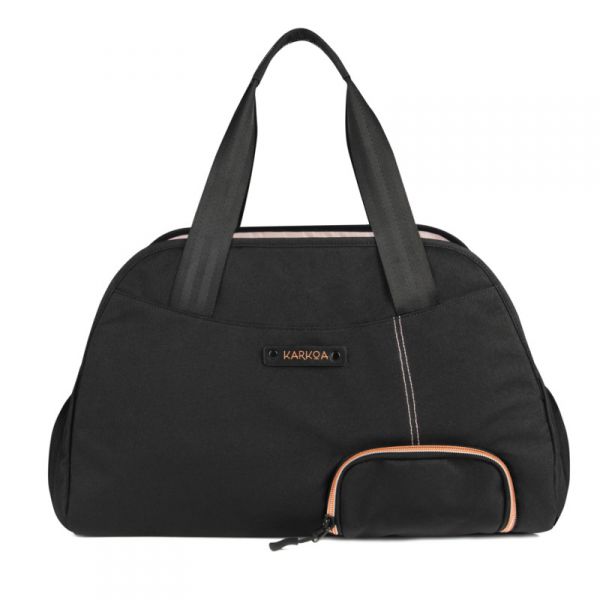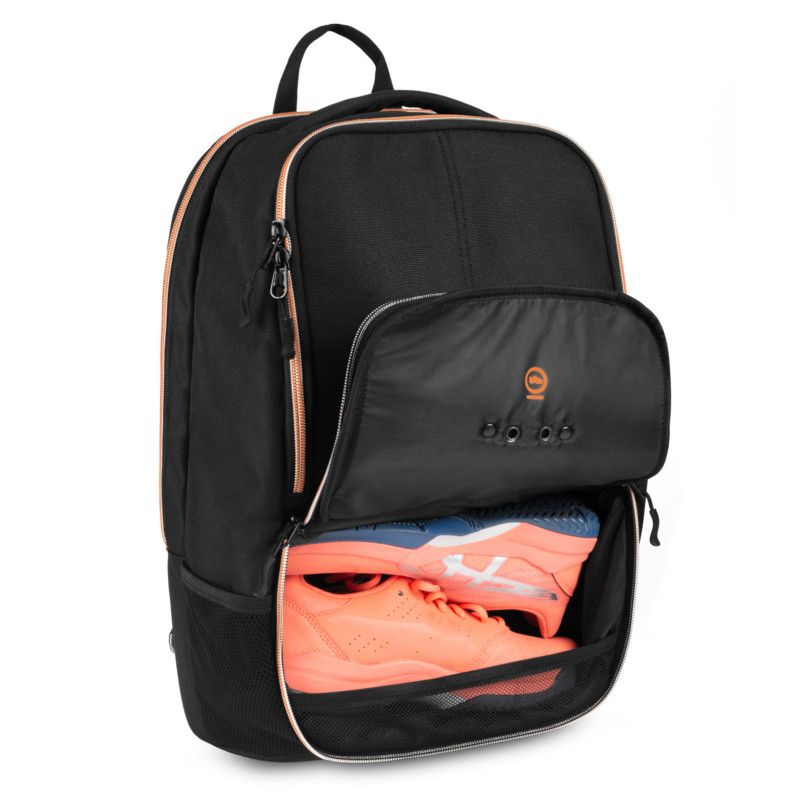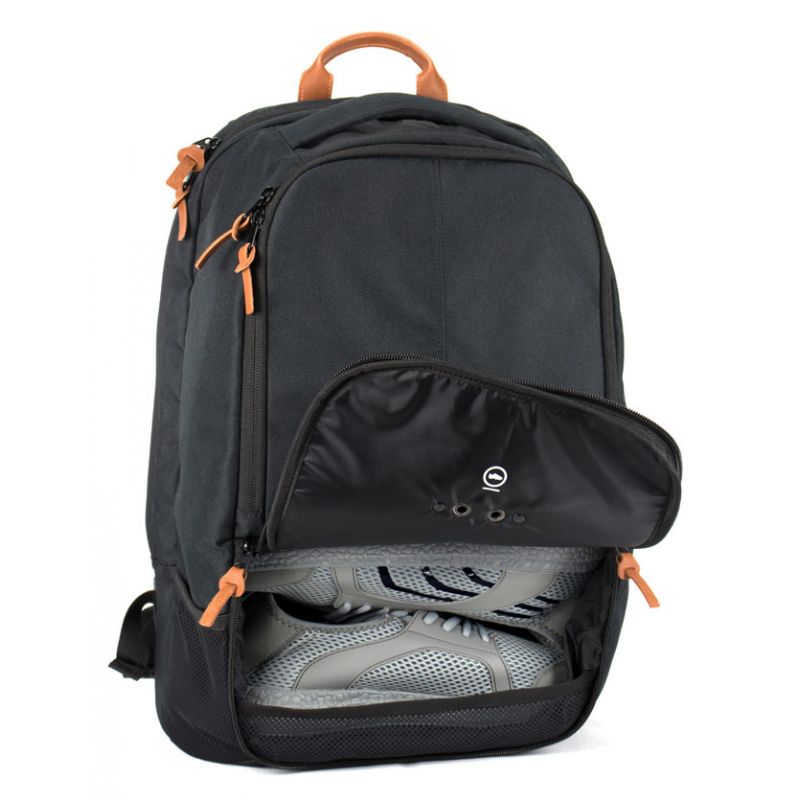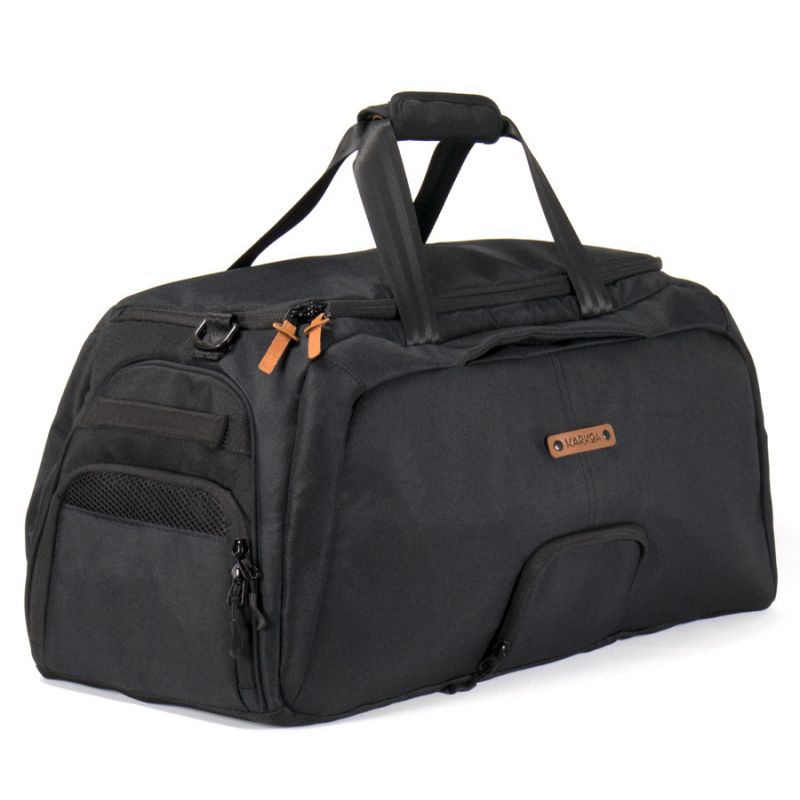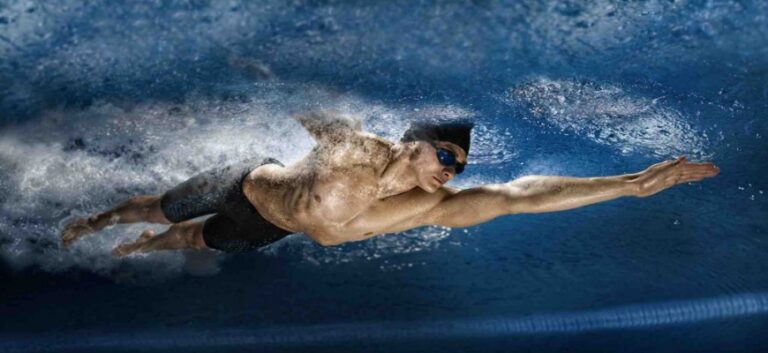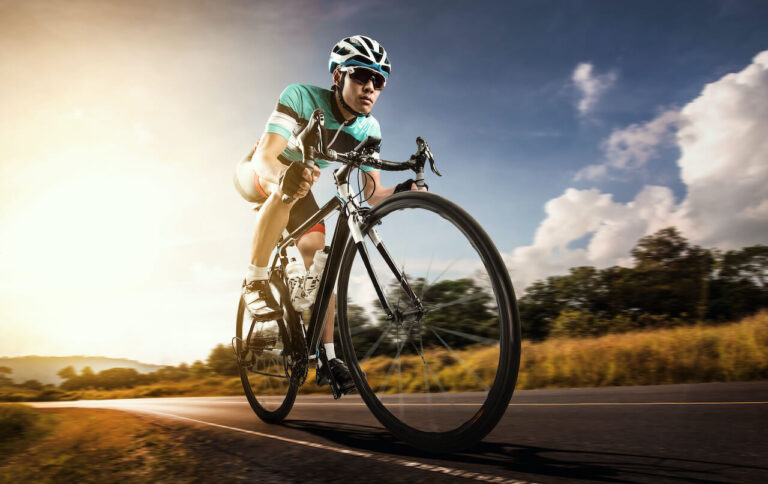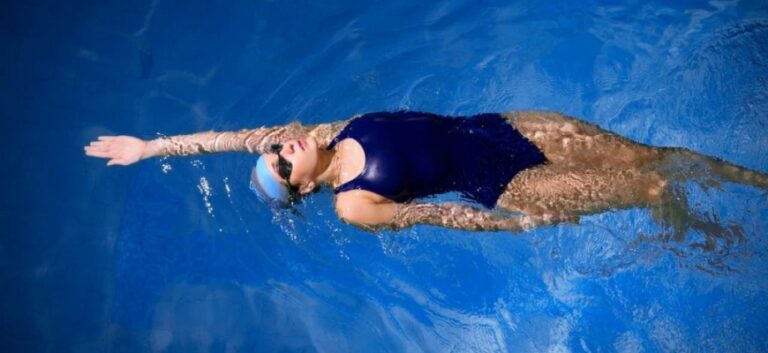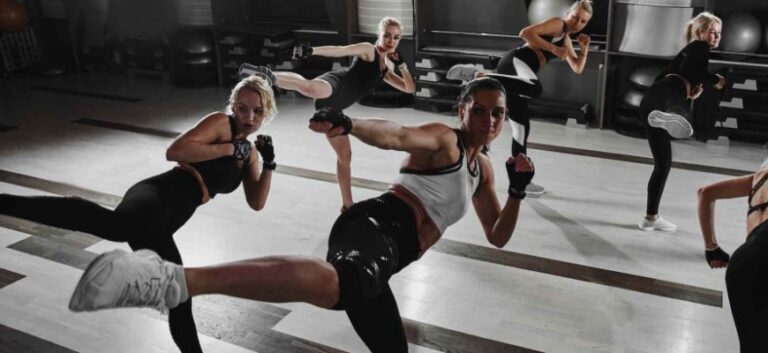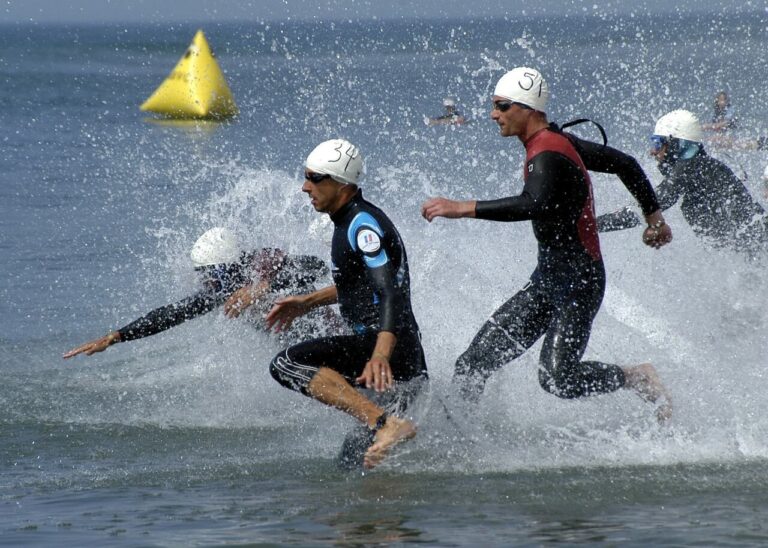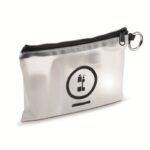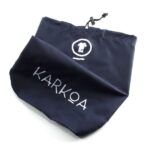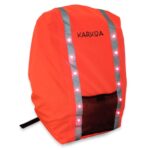Lifeguards can work on beaches, campsite swimming pools, lakes… in other words, most bodies of water. However, the BNSSA does not allow them to teach swimming for remuneration. There are several tests in the BNSSA exam. From swimming to assisting people, not forgetting the regulations, the exam is fairly comprehensive and requires good preparation.
Who can become a lifeguard?
The training associated with the BNSSA is open to anyone aged 16 to 77. You must be 17 on the day of the exam and 18 before you can start work as a lifeguard. Of course, you need to be in good physical condition to pass the various tests.
There are many organisations offering BNSSA training throughout France. The Directions Départementales de la Cohésion sociale can provide details of the various training centres. The SNSM (Société Nationale de Sauvetage en Mer) training centres offer courses lasting one or two years. The courses and exercises take place at weekends and during the holidays, and the training leads to the diplomas needed for beach lifeguarding.
The BNSSA exams
The BNSSA examination consists of four papers.
100-METRE LIFESAVING COURSE
The test takes place in a swimming pool. The candidate starts from the edge of the pool and has to swim 25 metres on the surface. He then follows two 25-metre courses, each 15 metres underwater, following a precise route. They must then duck dive to bring up a dummy resting at a depth of between 1.80 and 3.70 metres and tow it face up out of the water for 25 metres.
At each turn, the candidate must touch an identified marker. They must never support themselves during the course, except to raise the dummy. To pass the test, the candidate must complete the course in 2 minutes 40 seconds or less.
The candidate then has at least ten minutes to recover before moving on to the next test.
250-METRE LIFESAVING COURSE
This course also takes place in a pool. The candidate is equipped with fins, mask and snorkel.
At the start of the test, the candidate equips himself. This can be done in or out of the water. They must then cover 200 metres, touching the wall at every turn. They must then go and get a dummy, again lying between 1.80 metres and 3.70 metres below the surface. The dummy must be towed the remaining 50 metres. This exercise is performed on the back, which means that the candidate can no longer use the mask and snorkel. At all times, the dummy must have its airways clear and its face above water level.
The candidate must complete the course without support in less than 4 minutes and 20 seconds to pass the test.
The candidate then has at least ten minutes to recover.
ASSISTANCE TO PEOPLE IN DIFFICULTY
This time, the test is not carried out with a dummy, but with a person who simulates a distress situation. The victim will be between 15 and 25 metres from the edge of the pool. The candidate will have to free himself and then carry the victim to the edge of the pool to bring him to safety. Throughout the operation, the candidate will have to talk to the victim to reassure him or her. He will then have to get the victim out of the water, without any equipment or ladder. Once the victim is safe, the candidate must check his/her vital functions.
The test takes place in shorts and a T-shirt. No other equipment is allowed.
The candidate must pass the whole test for it to be validated.
THEORY TEST (QCM)
This is the final BNSSA exam, and takes the form of a multiple-choice test. It lasts 45 minutes and the questions asked are designed to check that the candidate has the necessary knowledge in the regulatory and practical areas.
The MCQ is made up of 40 questions, each with 3 to 5 answers, at least one of which must be correct. The questions cover a wide range of subjects: first aid, regulatory aspects, first aid post signposting, organisation of rescue operations, knowledge of meteorological information, first aid and the use of additional resources, etc.
An answer is correct if only the correct answers are selected. An answer is wrong if it is incorrect, incomplete or missing. Each correct answer is worth one point and, to pass, the candidate must obtain a mark of 30 or more.
Validation and refresher courses for the BNSSA
The BNSSA diploma has a limited duration. To remain valid, the BNSSA must be validated every 5 years. However, the aim here is to check that knowledge and skills have been maintained. Only the 100-metre lifesaving course and assistance to a person in difficulty are part of the examination.
It is organised after a refresher session, generally a training course. This is an opportunity for candidates to update their knowledge in all areas of the BNSSA.
BNSSA holders who have failed the refresher tests or who have not renewed their validation in time must retake the tests, failing which they will no longer be able to carry out lifeguarding activities.
The ideal sports bag for swimmers…
And to prepare for the BNSSA test, think about the Karkoa compartmentalised swimming bag to separate your wet stuff from your dry stuff and your computer from your pool stuff!
